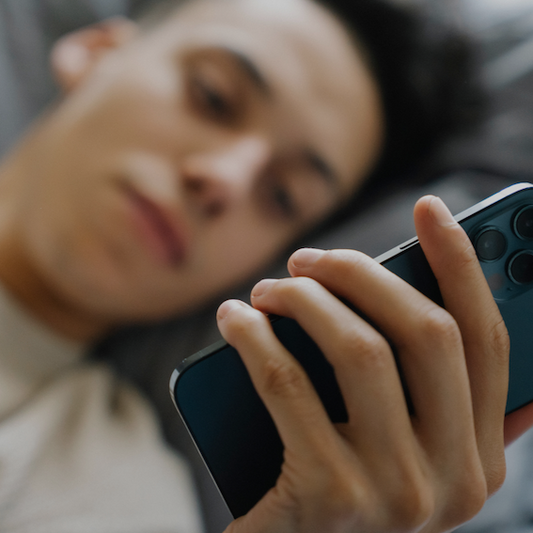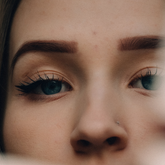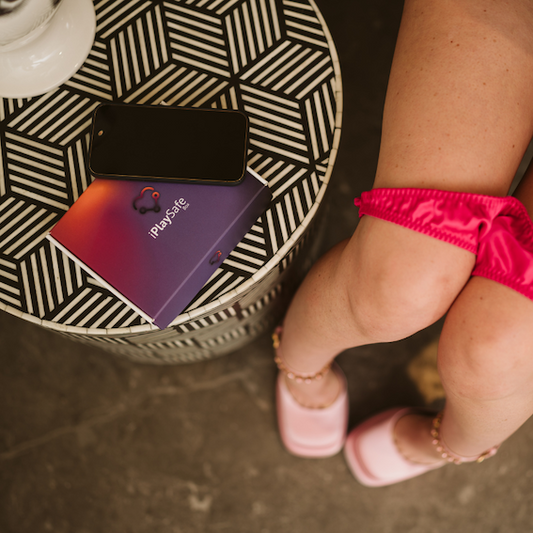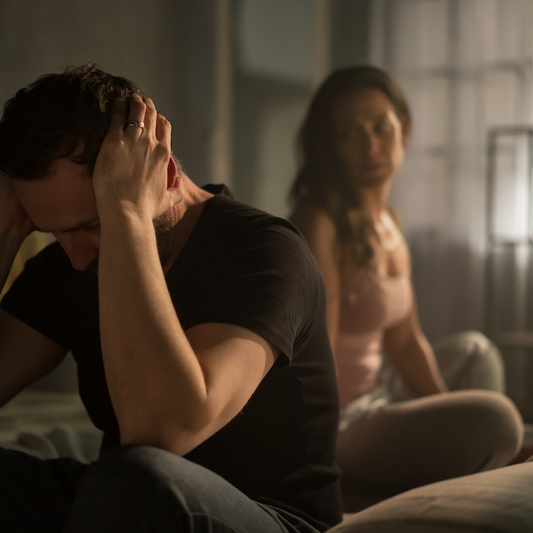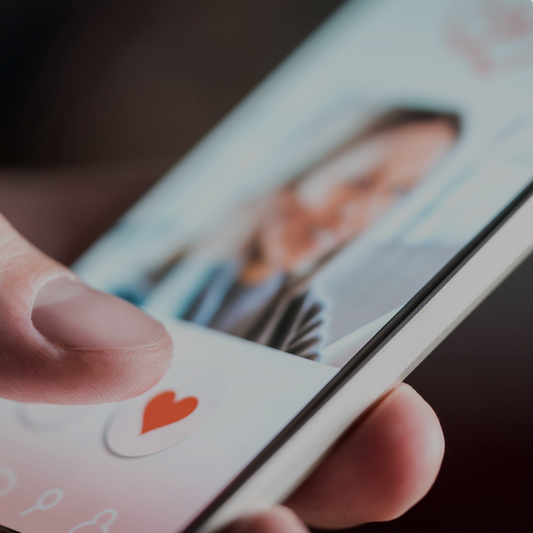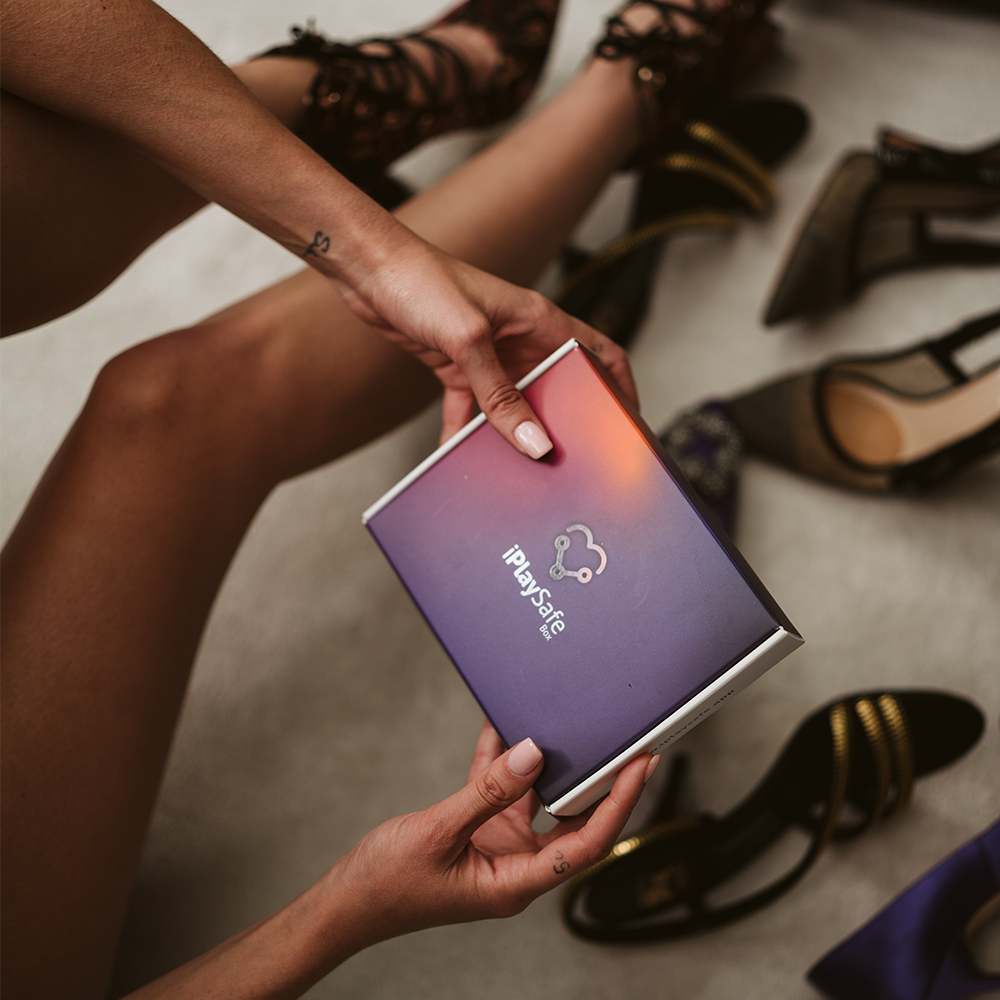
Diagnosed HIV Positive: What to do Next
Learning you have a life-changing condition like HIV is a huge event for anyone to go through. There is so much information, guidance and support available to help you on your journey. When you are diagnosed HIV positive you may feel scared and overwhelmed, but there are many people living with HIV.
More than 100,000 people in the UK alone are HIV positive, and most are living healthy lives. The most important thing is knowing your status and receiving the right medication to ensure HIV won't affect you, or your potential partners.
Testing positive for HIV
Jay Hawkridge received a positive test result in 2019 and has since become a prominent HIV activist. His first test came back negative as the virus hadn’t had time to infiltrate his system, but friends encouraged him to undergo further HIV testing as he was feeling unwell with symptoms. He was eventually diagnosed HIV positive 6 weeks after the sexual encounter that transmitted the virus.
“One thing I have realised which has inspired me to talk about it and raise awareness is that not many young people are even aware of HIV,” says Jay. “Many people that are diagnosed don’t feel like they have a support system. I was offered counselling and peer mentoring within my specialist HIV clinic, but these were all with people that were 10 or 20 years older than me, and I found myself with so many questions.”
“Things like, do I disclose my status on dating apps? Do I put it on social media? I found there was such a gap in the market for these kinds of questions, and there was no real place for people like me to go. So once I became more confident with my HIV status I thought, I need to start talking about this.”

HIV Treatment
The medicine used by doctors to treat HIV is called antiretroviral therapy (ART). Antiretroviral therapy is a treatment that suppresses the virus to create an undetectable viral load. This means the level of HIV in your blood is so low it is undetectable when tests are carried out.
You may hear the term "U = U" when discussing your HIV treatment. This stands for "undetectable = untransmittable". An HIV positive person who is on treatment and has a fully suppressed HIV viral load has zero risk of transmitting the virus to a sexual partner.
“The actual process of having access to medication was surprisingly easy and seamless," says Jay. "I was in a specialist clinic in my local area within two days of the phone call. I was assigned my own medical team, dietician, and psychiatrist, and I walked out with my first box of pills.”
Starting HIV treatment as soon as possible is important. When you are diagnosed HIV positive you will be referred to a specialist team who will inform you of treatment options and the next steps that need to be taken.
Dating, Sex, and Relationships with HIV
You can still date, have sex, and have relationships after you are diagnosed HIV positive. The virus is undetectable and therefore not infectious with effective HIV treatment. Regardless of this, it's important to always be honest with partners when disclosing your HIV status.
"I take two pills a day to manage my HIV medication," says Jay. "The role of my medication is to virally suppress the HIV in my body. It reduces the levels to such a low amount that I am physically unable to transmit it to a partner. The way I like to describe it is - imagine it in a little box inside you, like Pandora's Box. The HIV drugs keep it hidden and suppressed so that it can't do anything."
What is PrEP?
A HIV negative person can take PrEP to reduce the risk of transmission. It is a pill that stops the virus from replicating inside the body and is an essential tool for people who are at risk of infection (eg. if their partner is HIV positive). While PrEP is not a cure or treatment for HIV, it helps to limit the spread of the virus. In the UK, you can get free PrEP on the NHS from sexual health clinics.
"PrEP's role is for people who are HIV negative but may be coming into contact with HIV," explains Jay. "PrEP is really good because if it's taken as advised, which is just one pill a day, it cuts the risk of HIV infection by 99.999%."
Learn more about PrEP here.
The role of sexual health in modern hookup culture
Embracing sex and your sexuality is easy in today's modern hookup culture, but with this comes responsibilities. Many people brush over the topic of sexual health, but if you're sexually active it's important to educate yourself and increase your awareness of all sexually transmitted infections.
Testing is important and should become a regular part of your sex life. iPlaySafe makes it simple and convenient to test yourself. Order your home STI test kit here, and your results will be sent to you via the free app.
Living with HIV
Jay's advice for people that are living with HIV or have received a positive HIV diagnosis is:
"We're in a very lucky and humbling time regarding HIV because we're a few decades past the initial trauma and early days of the AIDS pandemic. I consider myself incredibly lucky to be diagnosed and on HIV medicine so quickly in a place in the world where that's possible."
"I'm on medication now, I take two pills a day, and it's literally the easiest part of my day. If you look at HIV treatment and think, in 10 or 20 years, where could we be? We're in a time where, fingers crossed, it's something that potentially we won't be living with for the rest of our lives."
We want to thank Jay for being so brave and incredibly open with us during this interview, and we hope it's helpful if you've received an HIV positive result. Watch the full interview below, and for further information listen to Jay's podcast series: HIV Essentials, What Happened Next, and RAW.
If you have been diagnosed HIV positive, remember you are not alone. Find support for people living with HIV with the Terence Higgins Trust.


